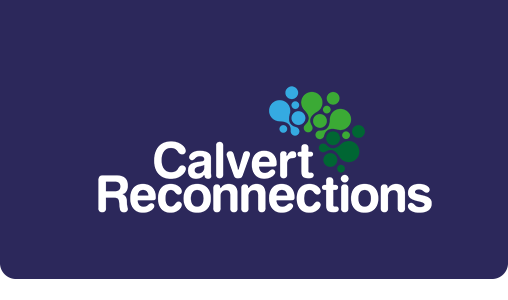A stroke survivor is drawing on his own personal experience to help others recover from life changing injuries at the UK’s first acquired brain injury rehabilitation centre focusing on outdoor activities.
Rob Morris’ life changed forever eight years ago when he suffered a stroke, aged just 29.
“I was putting my shoes on ready to step out the door, when I fell over a couple of times,” explains Rob, who was working as a lead instructor of outdoor activities at a centre in Cambridgeshire at the time.
“I knew instantly that something wasn’t right. I was dazed and a bit muffled. Luckily my girlfriend was around to call 999. I displayed all the classic symptoms of a stroke, one sided weakness, facial palsy and speech difficulty.
“I was hospitalised for five days. For a couple of days, I was unable to talk. I was also unable to walk or move my right arm or hand.”
While Rob made a good physical recovery and returned to work, the longer-term effects were more subtle and took longer to show themselves.
Four years after his stroke, in 2016, Rob took on a new challenge, moving to the Lake District and joining the Calvert Trust as an outdoor activity instructor working with people who have disabilities.
“At the time it seemed like the perfect job,” he says. “But with hindsight I was taking on too much.”
Rob found that working evenings and weekends was impacting on his health.
“I was giving everything to my job as I loved it, but I had nothing left at the end of the week. Fatigue was a constant companion. Realising my own limitations, reluctantly I decided to step away from the career I loved.”
Recognising Rob’s talent and passion, The Lake District Calvert Trust offered him a new role as a Development Officer at Calvert Reconnections – its new residential neurorehabilitation centre for people with post-acute, acquired brain injury. The fully accessible centre is based within a beautifully adapted Grade ll listed building in Keswick and combines traditional clinical therapies with rehabilitation through the specialist use of outdoor activities.
Rob joined in Calvert Reconnections 2019 while the centre was under development. In June this year, the service opened its doors.
“I now have a set working pattern and a more focussed office role, utilising many of the skills I developed over my outdoors career but applying them in a new way,” says Rob.
“I feel that I’ve got a unique insight into what we are trying to do at Reconnections. Although I don’t have a clinical background, what I do have is bags of enthusiasm, ideas, and empathy for our participants.”
Calvert Reconnections actively seeks to incorporate a wide range of outdoor activities into each participant’s rehabilitation programme. This may range from reflective activities such as fishing, bird watching or a nature walk to higher adventure activities such as horse riding, canoeing, rock-climbing and abseiling – all closely assessed and graded to a person’s interests and functional abilities. The centre’s highly skilled team includes neuro-rehab coaches, neuro-occupational therapists, a neuro-physiotherapist, neuro-psychologist and speech and language therapist.
“I would have jumped at the chance to do my own rehab in an outdoor setting,” says Rob. “The outdoors has so many benefits and you can already see the progress that is being made by our very first participants. Extensive research shows that it can help individuals in their recovery from brain injury. It’s very exciting to be involved.”
Settled into his new role and happily married, Rob is now feeling positive about his future.
“My stroke hasn’t defined who I am, but it has certainly had an impact,” he continues.
“Fatigue is still the number one factor that I have to live with and plan my life around. I am able to do days that require a lot of energy but have to plan recovery time into my routine.”
Rob also retains his love of the great outdoors.
“The outdoor lifestyle has given me so many rewarding experiences,” he concludes. “From my first days working with kids on grass sledges on a hill in Somerset, to canoeing with three essential wheelchair users in the Lake District, I always find time to get outdoors and go and do something adventurous. It’s these experiences that make you feel alive and give you an appreciation for life.”
Calvert Reconnections is now open and taking referrals. For further information please go to www.calvertreconnections.org.uk
